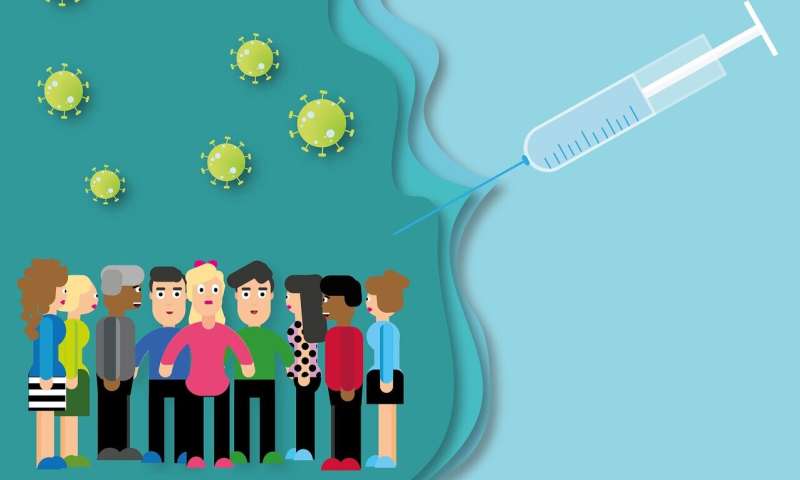
EU officials insisted Wednesday that the bloc has not fallen behind in the race to deploy a coronavirus vaccine, as former member Britain authorised one that Europe is still evaluating.
British ministers claimed Brexit has allowed them to adopt the Pfizer-BioNTech vaccine ahead of their neighbours, who are still awaiting a green light from the European Medicines Agency (EMA).
Britain is still under EU drug marketing rules until December 31, the end of a post-Brexit transition period, but has approved the vaccine under an emergency provision in European law.
Most European Union countries have not taken this course, preferring to wait for the EMA, although Hungary has begun to receive samples of Russia’s Sputnik V vaccine, despite concerns from Brussels.
British Health Minister Matt Hancock told Times radio that thanks to leaving the EMA, the UK would “not go at the pace of the Europeans, who are moving a little bit more slowly.”
The EMA was located in London until last year, but moved to Amsterdam as part of Britain’s slow divorce from the European Union. Today, it is studying several potential COVID-19 vaccines.
German Health Minister Jens Spahn, addressing a videoconference of his EU colleagues, said: “The idea is not to be first, but to have a safe and efficient vaccine.”
Spahn, whose country holds the rotating EU presidency, said officials would meet with the EMA on December 11 to evaluate progress ahead of a decision on which of the competing vaccines to license.
“It is a matter of expertise, obviously, authorisation. But as we’ve seen from comments from the UK, it’s also a political issue for the European Union,” he admitted.
“On the issue of the UK, and the European Union, we have to note that there are different procedures and different approaches, and the US and the UK today are based on an emergency rapid authorisation,” he said.
“In that respect, we will prefer to have a regularly conditional procedure, using the tried and tested procedure that could lead to some difference in timing.”
EU Health Commissioner Stella Kyriakides said it was important that procedures be followed and explained clearly to ensure that the population at large trusts the vaccines.
“It’s also important to get these messages across to citizens because citizens need to be able to feel confident to go ahead and be vaccinated. We are stressing this over and over again,” she said.
The US giant Pfizer and its German partner BioNTech—one of six teams with which the EU has supply contracts for an eventual vaccine—have submitted test data to the EMA.
Source: Read Full Article
